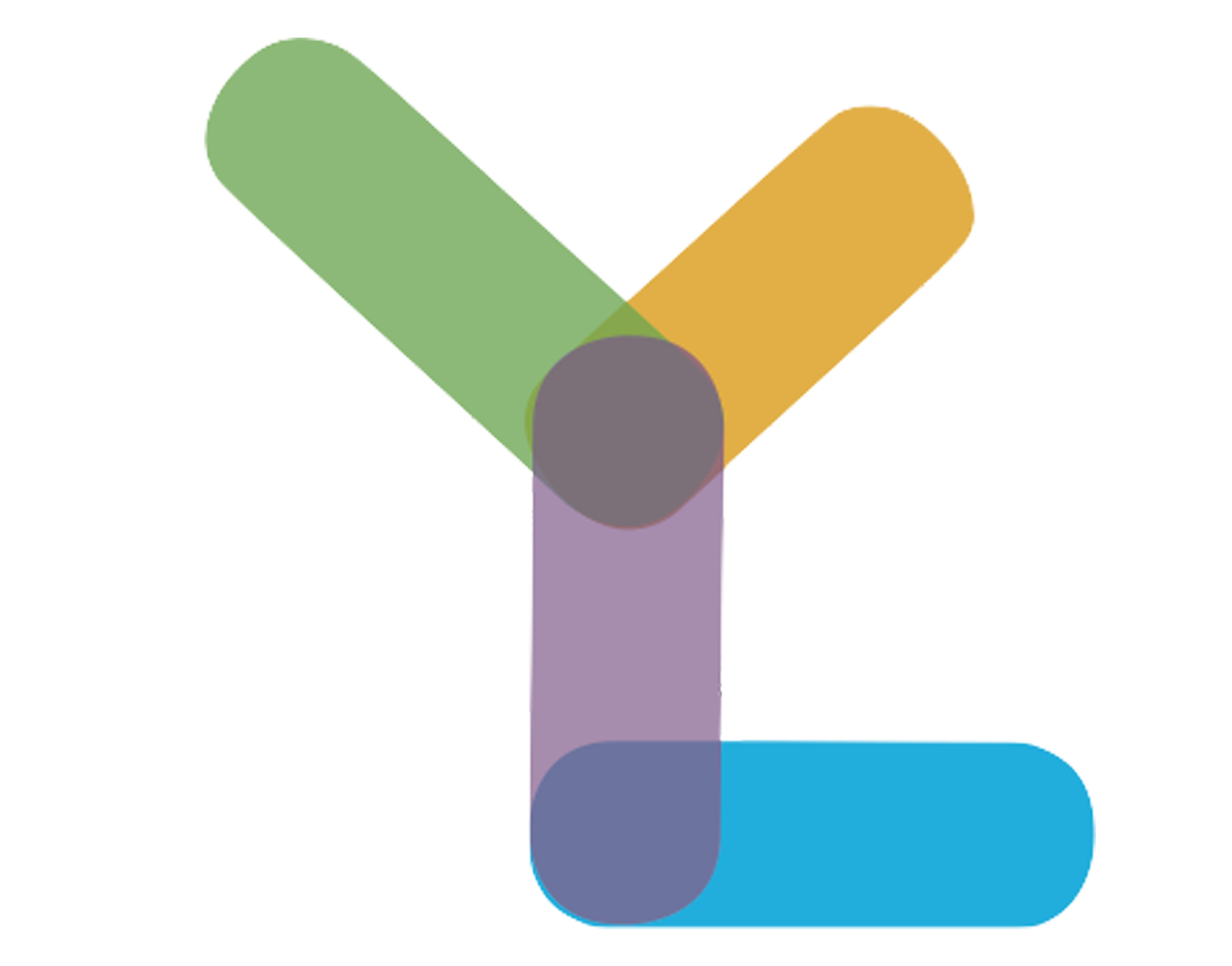Community Activator Series: Joelle Charlie
Joelle Victoria is a Gwich’in and Liard First Nations youth who was born and raised in Inuvik, Northwest Territories, and recently moved to Old Crow, YK for work related to Gwich'in language training. Growing up in the north for her entire life, Joelle has gained insight into how the climate of the north has changed through her own firsthand observations. From an early age, Joelle was taught to respect the land and to value the teachings of her elders. Joelle is very passionate about reclaiming her culture, through speaking her language, going out on the land, and engaging in cultural activities such as berry picking, tanning hides, and ice fishing.
What first sparked your interest in FutureXChange?
Joelle: I’m interested in this program because I am very passionate about my people, the land that we live on, the air that we breathe, and the water that we drink. I’ve been learning how to speak Gwich’in for about a year now, it’s difficult at times, but it’s something that is very important to me. There’s something about learning your Indigenous language, the language of your ancestors; it changes you. Now more than ever I feel a stronger connection to the land and to my people than I ever have before. That’s why climate change has become a great concern to me. I care so much about the future of my people, which is directly related to the future of our environment. We are connected to the land and to each other, so when one suffers, we all do.
How do you think Traditional Knowledge can help address climate change?
Joelle: Indigenous Peoples have lived on this land since time immemorial, and we’ve accumulated a great connection and understanding about the land we call our home. The Indigenous perspective provides a great database of information that has been established and collected for thousands of years. It can help give great insight on how our climate was, how it has changed, and how it will change in the future. In the past few decades, our people, especially the elders, have noticed great changes in the environment. Our people are an essential asset that is needed to understand climate change more thoroughly because they understand the past. We live in the Arctic and have therefore experienced the greatest changes to our climate firsthand. The migration of the caribou is changing, the permafrost in the riverbanks are slumping, new invasive species are appearing, and the weather and land has become increasingly harder to predict.
What does climate action look like to you?
Joelle: I think that one of our biggest issues in the north is food security. There is a substantial amount of energy required to import all our food, especially to remote communities, where grocery prices are extremely high. Increasing awareness about this issue in my region is something that I want to take action on. Promoting the use of local foods, and especially putting emphasis on eating local traditional foods is something I think we can all take action on. By promoting traditional hunting, fishing, and gathering, we can lower our carbon footprint together as a community, while at the same time reclaiming and revitalizing our traditional ways of life. Plus it’s healthier for everyone to eat less processed foods and to spend more time on the land exercising. Traditional medicines can also be gathered from local plants in the boreal forest that surrounds many communities.
Joelle is very passionate about reclaiming her culture, through speaking her language and other cultural activities. We were grateful that her inspirational experience and passion was shared throughout her involvement with the FutureXChange program.

